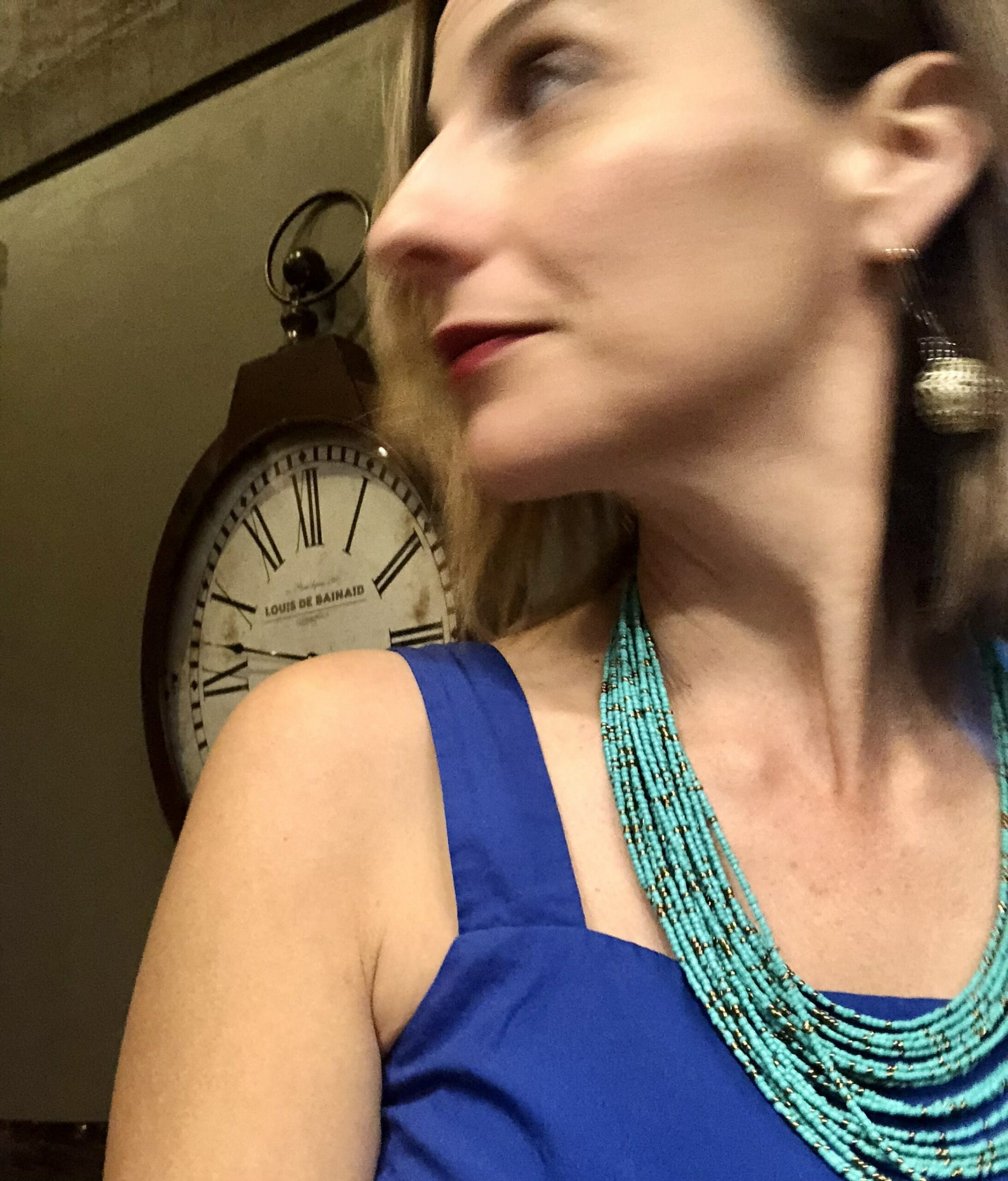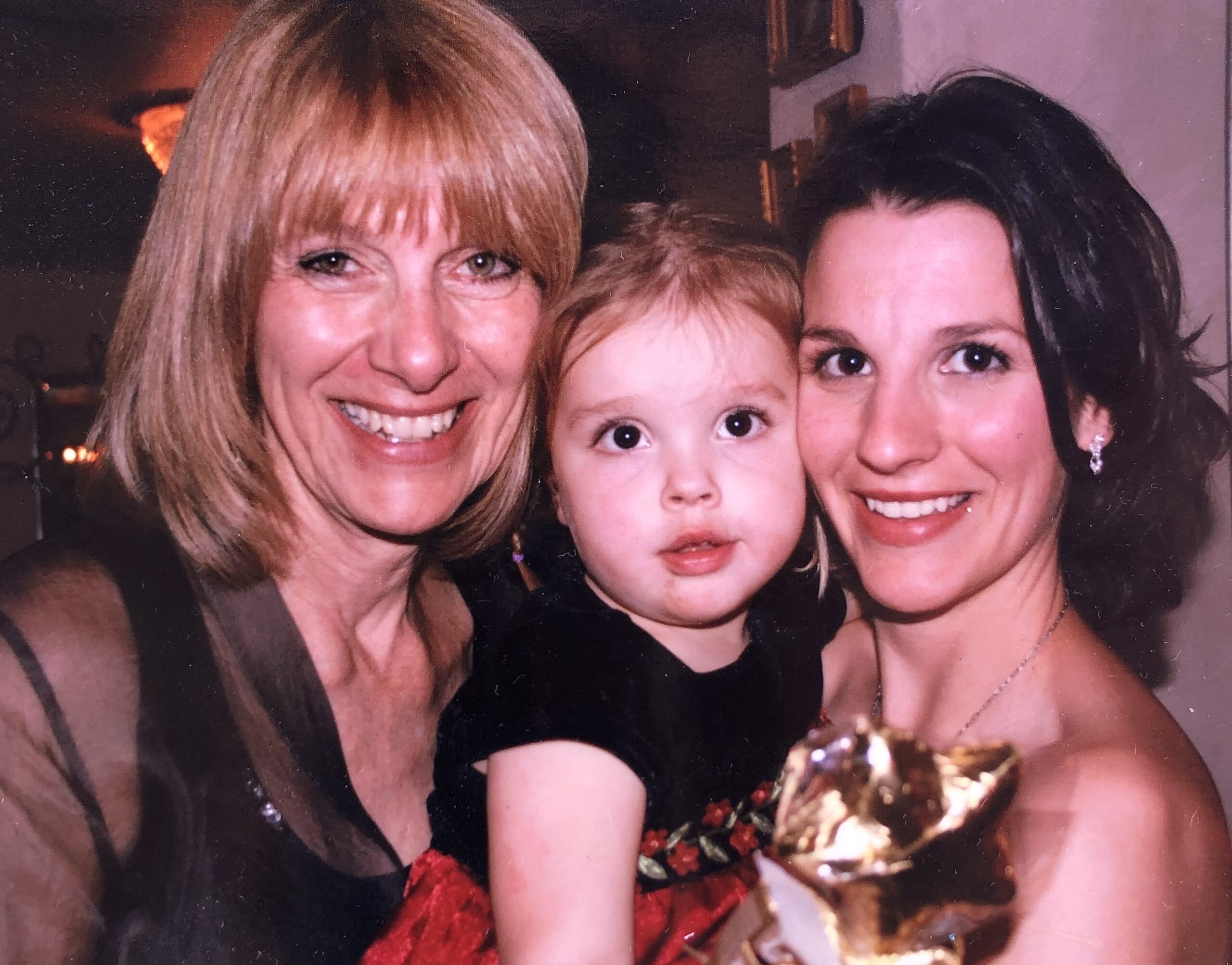Why I’ll Die Reading the Obits

One thing I inherited from my parents and grandparents is a love and respect of the newspaper. Like, the actual printed one. (Yes, I still get the local printed paper, delivered to our door, two days per week.)
One thing I inherited directly from my mother was a love of the obituaries.
During her 62 years, she read them religiously. Especially the Sunday obits. Those she would pour over.
Yes, it was sad. Yes, she would cry.
When I moved out and eventually got married and took the paper at my house a few miles away, she would call me on Sunday morning, in tears.
“Have you read the paper yet? You must read this obituary,” she’d manage between tear-cracked tones.
So I would. Sometimes I would read it as she waited on the phone. Sometimes I’d read it and call her back, in tears. We’d swap highlights and pine, together, over it all.
Since she’s been gone, two things.
First, I took extreme care in writing her obituary. I felt it was a masterpiece and a ridiculously incomplete sliver of a tribute to a woman so much richer, fuller and more complex than those thin lines of ink and newsprint could bear. I think it was decent, though, because I received several letters from complete strangers who were moved enough to send me a note of their condolences.
Second: I still read the obituaries whenever I get a chance.
I cry to myself, inevitably tearing up and shedding saltwater over long lives, short ones, loves lost, details missing and those present. I trace the life lines of each individual’s path through the world, via careers, moves, re-inventions, second and third careers, pre-deceased children, rich relationships and charitable pursuits. You see so much in these concise pieces: meaning and measure, risk and failure, secrets and scars, and love, and love, and love.
It always overcomes me.
My husband asks me why I do it to myself, as my teenage daughter turns on her heel and storms out, embarrassed, and my youngest cuddles up with comforting hugs.
So imagine my delight when coming upon this Ted talk by Lux Narayan, CEO of Unmetric, who shares our devotion to the obituaries and who used his company’s technology to analyze 2,000 New York Times obituaries to see what the data would reveal about the achievements of those featured — famous and common.
You should watch the Ted talk, it’s only 6 minutes.
Here are three things about what Lux and Unmetric found that jumped out at me.
First, the average age people made their first major accomplishments. There was only one age in the late 20s (sports), just one in the mid-30s (art, film, literature) — and the rest of the first major accomplishments (business, medicine, engineering, law, academics, science, politics) were made in the early to mid-40s.
For a lady about to turn the big 4–0, who has lots more she wants to accomplish, this was welcome news.
Second, of all 2,000 obituaries analyzed, the most significant words tended to be creative ones: Artist, Singer, Director, Writer, Pioneer. Also among the top: Leader, Led, Founder, Reporter, Advocate, Activist, Survived, Transform, Creator, Music, Author, Fight, Fought, and my person favorite, Voice.
How sweet it is that the artists, the rebels, the transformers are those we revere once they leave us.
(Spoiler alert: Here’s what wasn’t on the list: spreadsheets, timesheet, hours worked, stable, safe, corporate, retirement, insurance, follower, accept, allow, same.)
Here’s the last of my many takeaways: Narayan also did a side-by-side comparison of the famous obits and the normal people obits, looking at the significant and most frequent words.
Here are the top 7 for each:
Famous
Year
Art
One
World
Help
American
John
Not Famous
Help
Year
Time
One
John
Music
First
Three words are common between the two lists: Help, Year, One and, oddly, John.
(If you’re named John, good on you. If not, you won’t be offended that I don’t comment on that interesting tidbit.)
Help. Year. One.
What do these three words tell us about people who make enough of an impact to be featured on the New York Times obituary page?
Here’s my take:
They were compassionate doers.
They used their time wisely.
They exercised their courage enough to do something different, something that made them stand out.
That’s it.
As I approach my fourth decade, I am characteristically reflecting on my four decades. I’m sifting through my accomplishments and cross-referencing goals. I’m paying homage to the difficulties I’ve experienced and for the chances they gave me to grow. I’m getting a bit anxious over the pending “to do” list.
Since my mom died unexpectedly at 62, I realize time is short.
But this is welcome navigation.
Care.
Do — now.
Be the one.
Oh, and, keep reading the obits.




